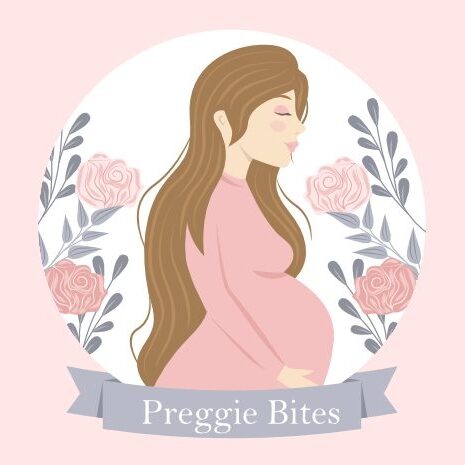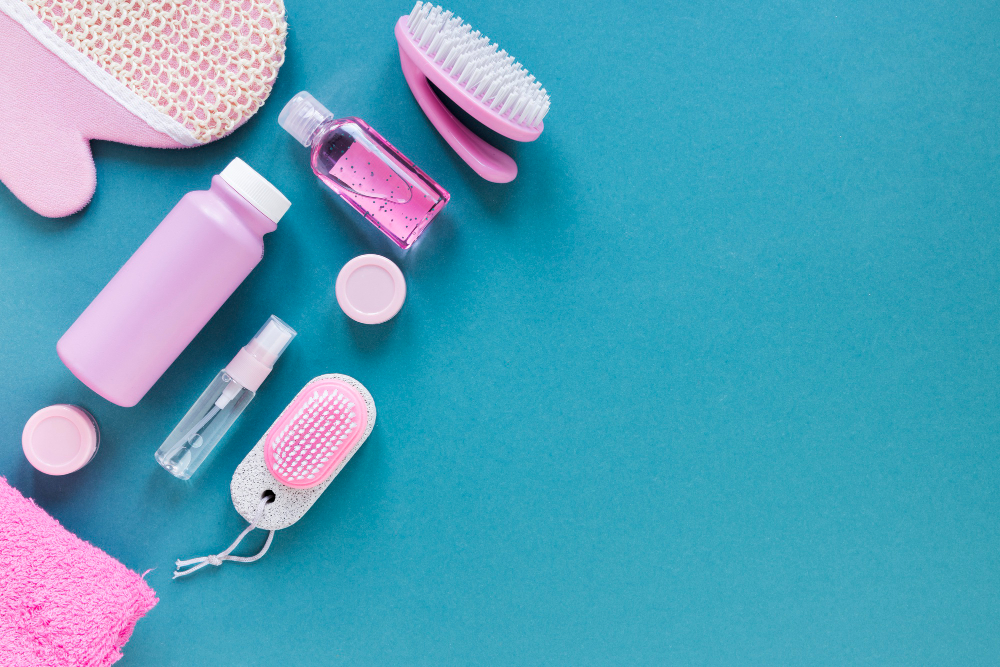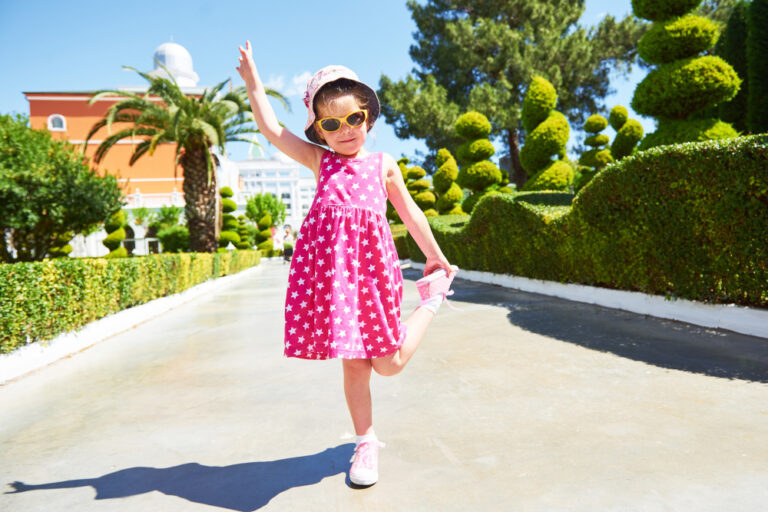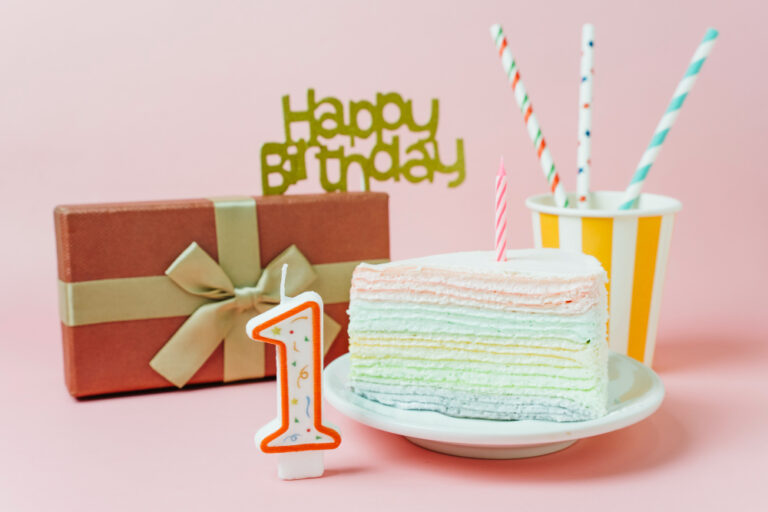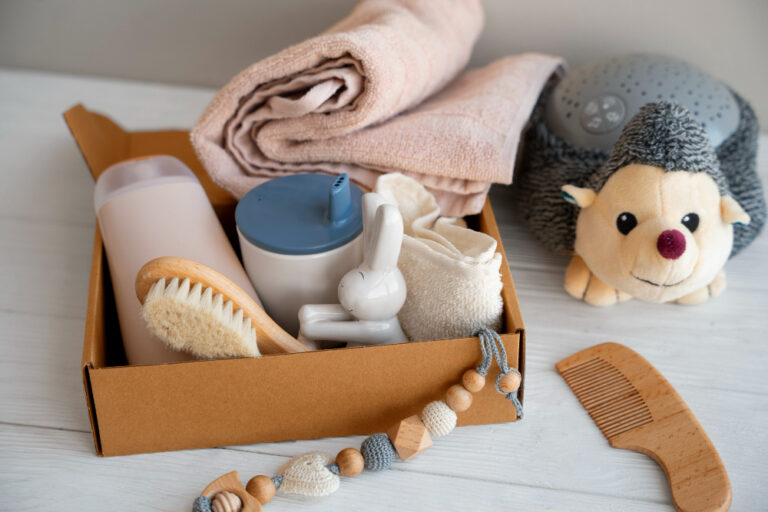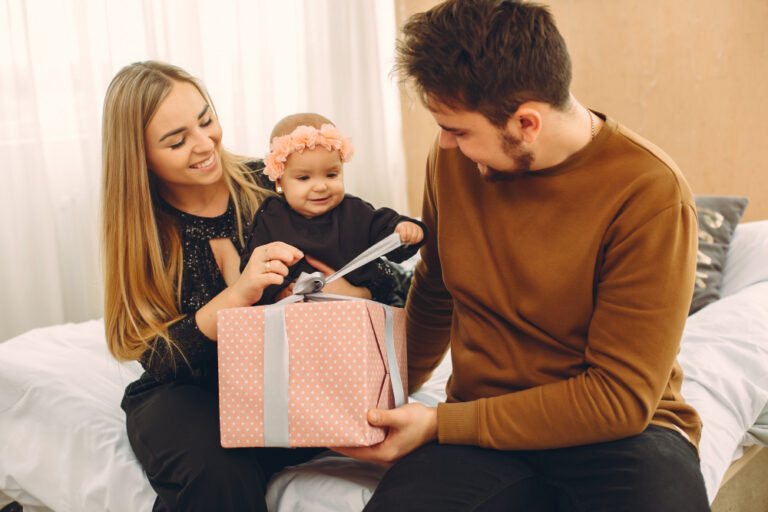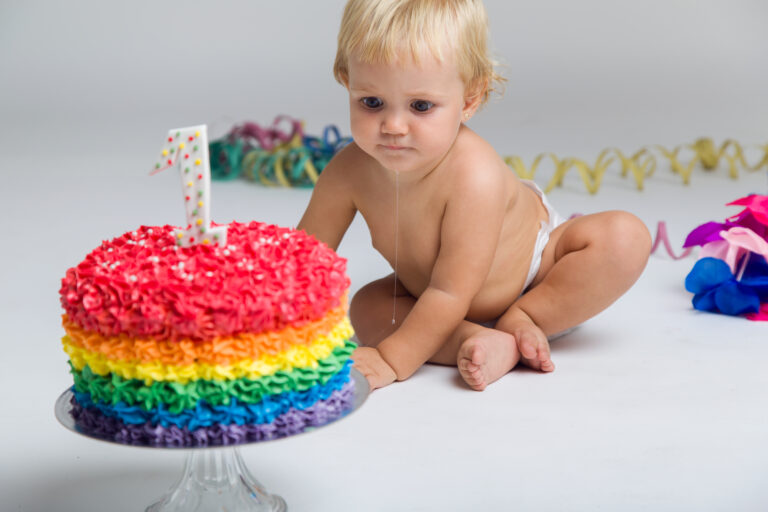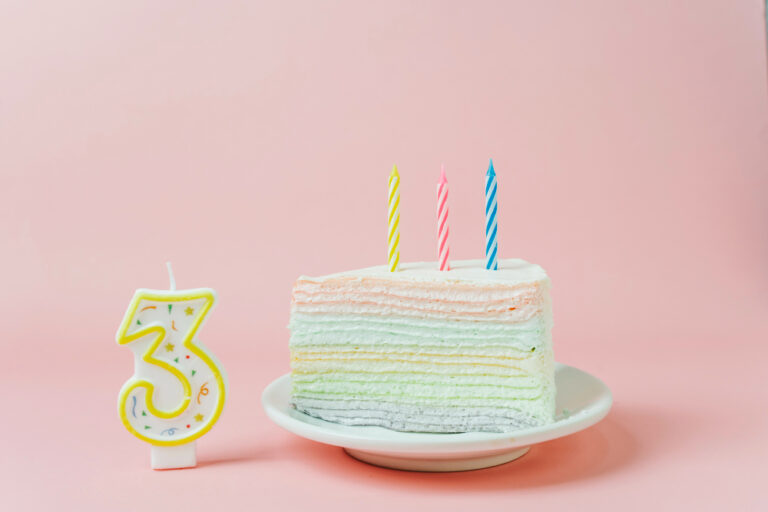10 Must-Have Baby Care Essentials Every New Parent Swears By
Newborns need more than just love and cuddles to thrive. From day one, a well-prepared baby care routine brings peace of mind and smoother days for new parents. Stocking up on essentials before the baby arrives helps reduce last-minute stress and ensures a comfortable environment for both baby and caregiver.
Every item on this list supports daily routines like feeding, diapering, soothing, and bathing. These tools aren’t just nice to have they simplify life, save time, and keep your baby safe and content.
Each product earns its spot by solving common challenges in those early months, helping parents feel more confident and organized. This guide highlights tried-and-true essentials trusted by parents worldwide.
If you’re preparing for your first baby or searching for the perfect baby shower gift, this list delivers practical, reliable solutions. Get ready to discover the top baby care items that truly make a difference.
10 Baby Care Essentials
Taking care of a baby needs love, patience, and the right items. Parents feel more confident when they have the essentials nearby.
These things help babies stay clean, safe, and happy every day. Below are 10 important baby care items every new parent should have.
1. Diapers
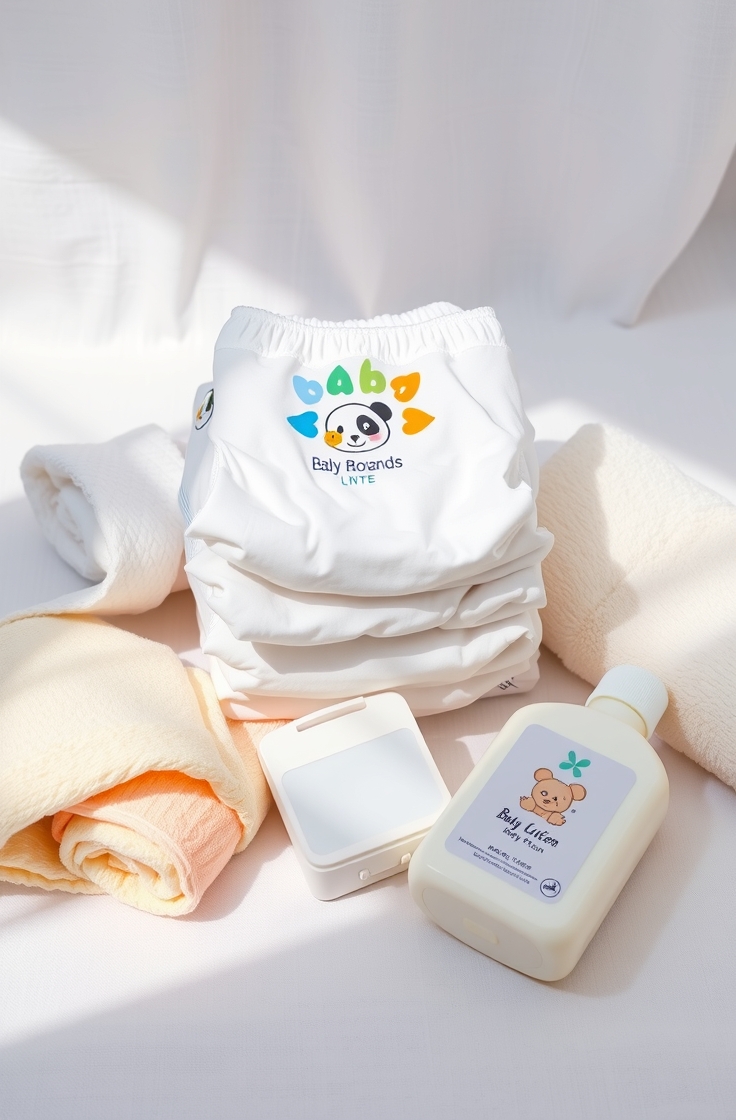
Babies use many diapers each day. They need a fresh one every few hours. Wet or dirty diapers can cause rashes. That’s why keeping diapers close is a must. There are two types disposable and cloth. Disposable diapers are easy to use and throw away.
Cloth diapers cost less over time and can be washed and reused. Some parents keep both kinds at home. A good diaper fits well, doesn’t leak, and keeps the baby dry.
Always change diapers before bedtime, after feeding, and whenever the baby is wet. Don’t forget to have wipes and diaper rash cream too. Wipes clean gently. Rash cream keeps the skin soft and safe from redness.
2. Baby Wipes
Baby wipes are soft cloths that clean the baby’s skin. They are used during diaper changes, but they help in other ways too. Wipes can clean baby’s hands, face, or small messes.
Choose wipes with no perfume or alcohol. These are better for a baby’s skin. Some babies have sensitive skin, so gentle wipes are important.
Keep a pack in every room. Also keep some in your bag. You never know when you’ll need them.
3. Baby Clothes
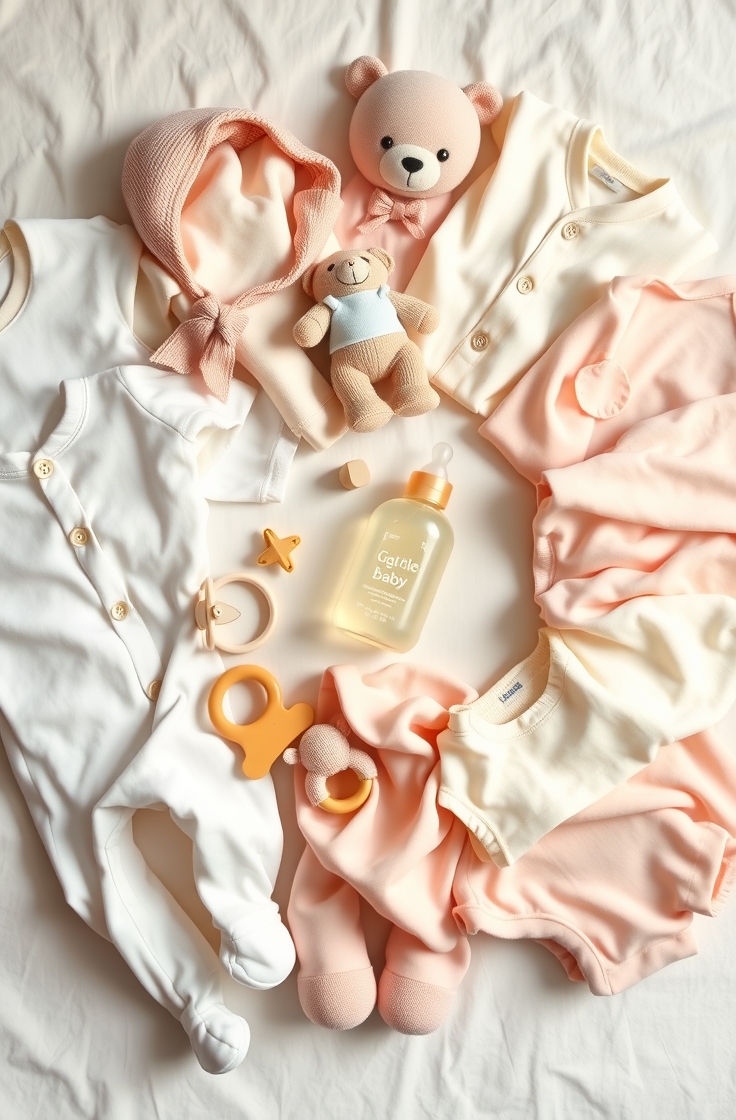
Babies need soft, light, and comfortable clothes. Their skin is delicate. Rough or tight clothes can cause discomfort. Good baby clothes are easy to wear and take off.
Onesies, pajamas, and cotton shirts work well. Clothes with buttons in the front or snaps at the bottom are helpful. They make diaper changes easier.
You’ll also need socks, mittens, and soft hats. These protect the baby from cold air. Babies can’t keep warm on their own. Wash baby clothes with mild detergent before using them. It keeps them clean and safe for your child’s skin.
4. Baby Bath Items
Bath time is not just for cleaning. It helps the baby relax and feel fresh. You’ll need a few items for a safe bath. Start with a baby bathtub. It keeps the baby in place. Use warm water, not hot. Test it with your elbow to check the heat.
Next, get baby soap and shampoo. These should be tear-free and gentle. A soft towel and washcloth are important too. Look for towels made of cotton.
After the bath, use baby lotion to keep the skin soft. Don’t forget to dry every fold of the baby’s body. Moisture left in folds can lead to rashes.
5. Baby Feeding Supplies
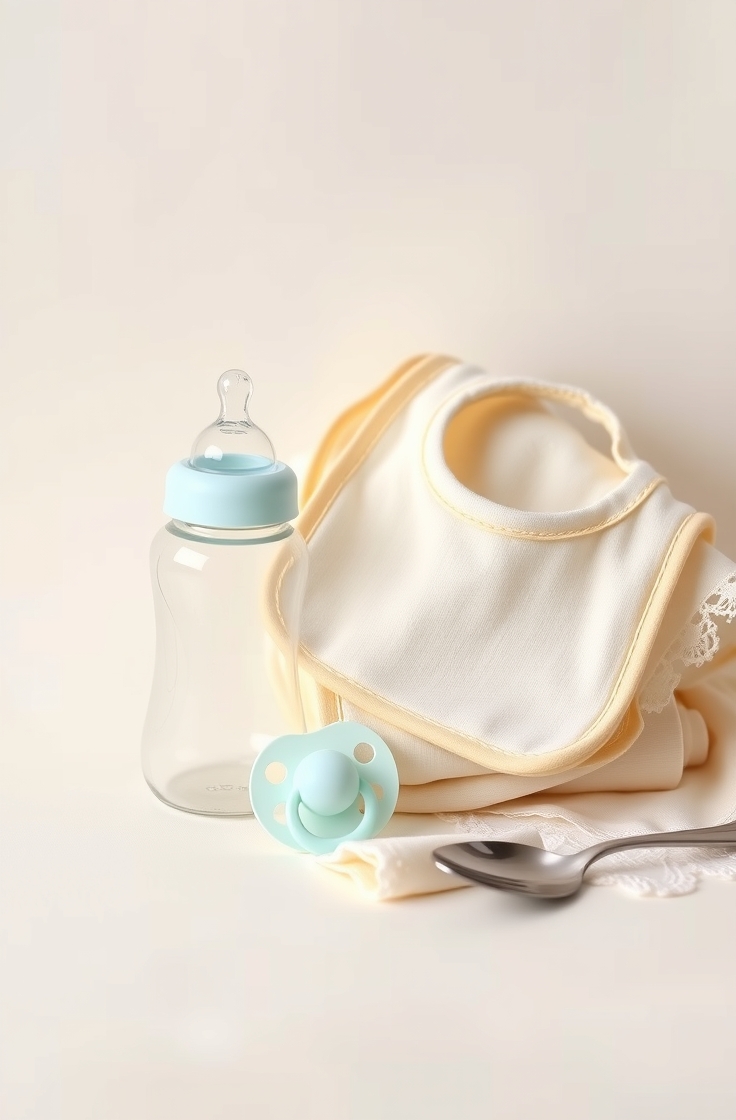
Feeding tools depend on how you feed your baby. Breastfeeding moms may need a breast pump, nipple cream, and nursing bras. A nursing pillow helps keep the baby in place during feeding.
Bottle-feeding parents need bottles, nipples, and a bottle brush. A bottle warmer can help, but warm water in a bowl works too.
Sterilizing tools is key. Boil them or use a sterilizer to keep them clean. Babies can get sick from dirty bottles. As babies grow, they will use spoons, bowls, and sippy cups. Buy safe, BPA-free feeding items.
6. Crib and Bedding
A safe place to sleep is a must. A baby sleeps for many hours. A crib gives the baby a space of their own. Choose a crib with strong sides and no gaps.
The mattress should be firm and fit well. Use only one fitted sheet. Keep pillows, soft toys, and blankets away. These items can cover the baby’s face and make it hard to breathe.
Light blankets or sleep sacks work well in cooler rooms. Always lay your baby on their back to sleep. This is safest.
7. Baby Health Kit
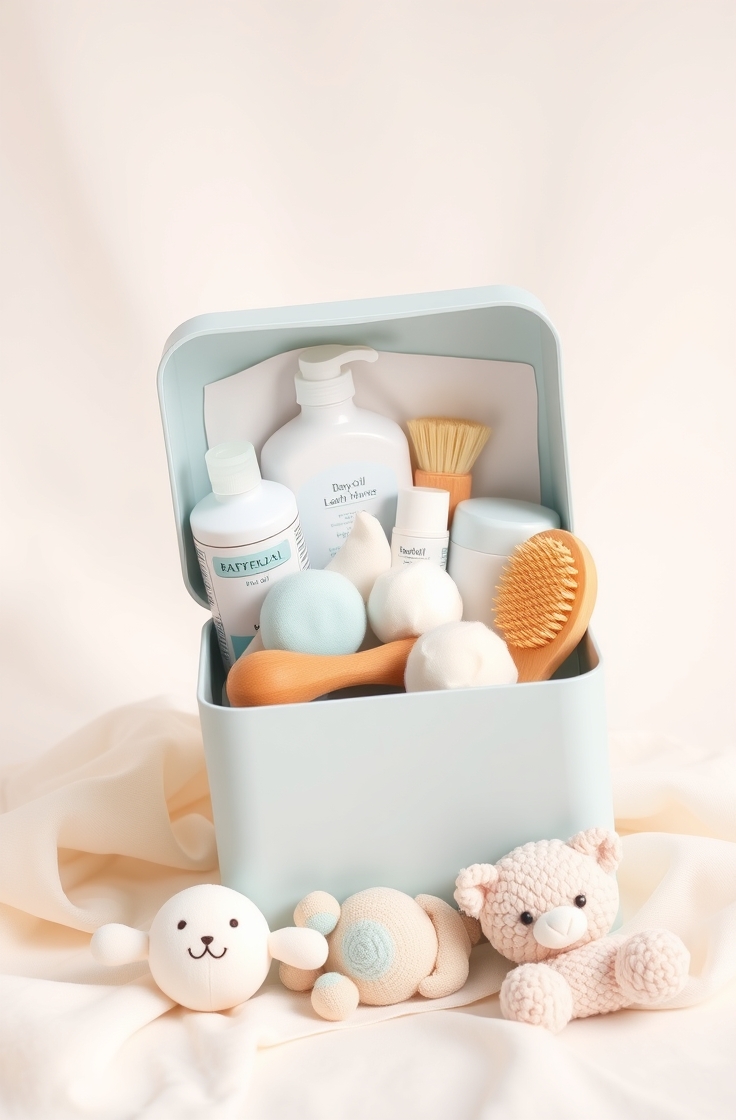
Babies need special tools for health checks. A baby health kit has small tools just for them. A digital thermometer helps check fever.
A nasal aspirator clears a stuffy nose. Use baby nail clippers to trim tiny nails. Babies can scratch their face with sharp nails.
Some kits also have a soft hairbrush, medicine dropper, and baby-safe scissors. Keep this kit in a drawer or bag where you can find it fast.
8. Baby Carrier or Sling
Carrying a baby in your arms all day is hard. A carrier or sling gives your arms a break and keeps the baby close. Many babies sleep better in a carrier.
They feel warm and safe near your chest. Pick one that supports the baby’s back and neck. Make sure your back feels okay too. Try a few styles before buying.
Use it at home, on walks, or in stores. Just keep checking that your baby’s face is clear and breathing is fine.
9. Soft Blankets and Swaddles
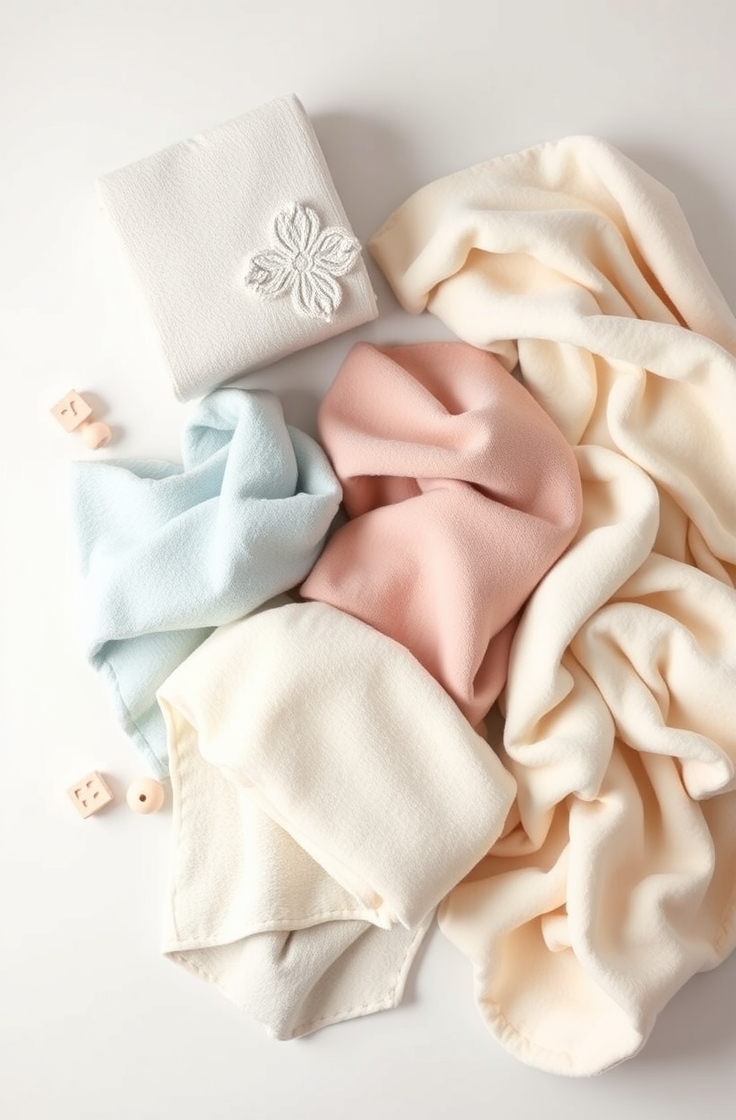
Swaddles are thin cloths that wrap around a baby. Babies feel secure when swaddled. It reminds them of being in the womb.
Use a swaddle for naps or bedtime. Don’t swaddle too tight. Leave space for the baby’s hips and legs to move.
Soft blankets help keep babies warm. Use them during feeding or while resting. Always pick cotton or breathable fabric. Wash them often to keep them clean.
10. Baby Monitor
Parents need to rest too. A baby monitor helps you listen or watch the baby while you’re in another room. Some monitors only have sound. Others come with a camera.
Some even show room temperature or send alerts to your phone. Place the monitor at a safe angle. It should show or pick up sounds clearly.
Avoid placing wires near the crib. Keep the monitor far from your baby’s hands. This tool brings peace of mind. It helps you rest while keeping your baby safe.
FAQs
How many diapers do babies need in a day?
Newborns need around 8 to 12 diapers per day. As babies grow, the number slowly drops.
Can I use regular soap for my baby?
No. Use soap made for babies. It’s gentle and safe for their soft skin.
How many clothes does a newborn need?
About 5 to 7 sets of onesies and pajamas work well for the first few weeks. You may need more if the baby spits up often.
What is the best way to warm a baby bottle?
Place the bottle in a bowl of warm water. Avoid using the microwave. It can make hot spots in the milk.
When should babies start sleeping in their own crib?
Some parents start right away. Others wait a few months. Keep the baby close during the first few weeks, then move slowly to the crib.
Can I use a baby carrier for newborns?
Yes, but choose one made for newborns. It must support the baby’s head and neck.
How often should I give my baby a bath?
Three times a week is enough for newborns. You can clean the face, neck, and diaper area daily.
Do I need a baby monitor?
It helps, especially during naps or nighttime. It lets you rest and still keep an eye on your baby.
Are soft toys safe for newborns?
No. Keep the crib empty to avoid choking risks. Soft toys can come later, under supervision.
What fabric is best for baby clothes?
Cotton. It’s soft, breathable, and safe for delicate skin.
Conclusion
Taking care of a baby becomes easier with the right items. Each one plays a role in your baby’s health, comfort, or safety. Diapers, clothes, wipes, bath items, and sleep tools make a strong start.
Add feeding supplies, health tools, and a baby carrier to complete your setup. Stay prepared. Keep things clean. And most of all, enjoy each moment with your baby. Every small step helps your child grow strong and happy
